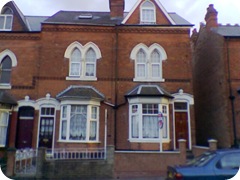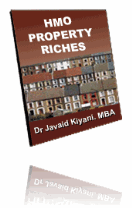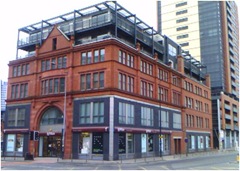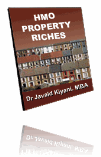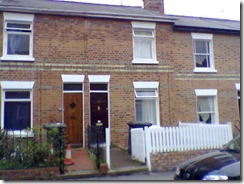Here’s the first video of several videos that I have produced to help you to earn a Full Time Income from the internet:
If you’re looking to earn a full time income from the internet, you must watch this video to the end.
In this video I talk about the importance of finding an active hungry market before you spend even 1 dollar on your internet business.
Without an active hungry market, your product will not sell.
You could have the best product in the world, however, if no one is looking for such a product you will not make any sales.
I wrote my first book, HMO Property Riches several years ago now and I am still selling it today. HMO Property Riches focussed on the property niche: HMO Properties, i.e Houses in Multiple Occupation. I ascertained the market first and then wrote the book. This is the exact same step that you need to take before you create your first product.
If you’re looking to write your first ebook, you are more than welcome to follow the format I used in my ebook on HMO Properties.
Here’s just some of the things you should be doing to find your hot market:
- address any problems that you may have
- look at your interests and hobbies
- look at your current and previous jobs
- do the above for family and friends
- look at newspapers and magazines in shops and newsagents
- look at any bad habits you may have
- look at health issues that need resolving
- look at tv/radio advertising
- etc
To summarise, always confirm your market first before you create your first product. Never create your product and then hope to find an active hungry market willing to buy your product!
Enjoy the short video and feel free to comment.

